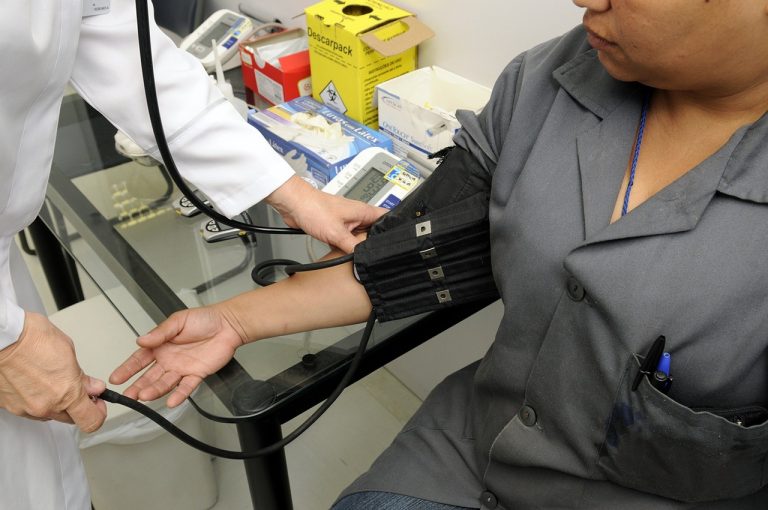Medical clinics play a vital role in delivering accessible healthcare. For many, they serve as the first point of contact, handling everything from routine check-ups to urgent care. Clinics like GERD San Antonio offer specialized services, ensuring patients receive the attention they need. By bridging gaps in healthcare, these clinics make medical care more reachable.
Why Medical Clinics Matter
Medical clinics are essential in the healthcare system for several reasons:
- They provide immediate care for minor injuries and illnesses.
- They help manage chronic conditions.
- They offer preventive services like vaccinations and screenings.
These clinics are often more accessible than hospitals. They usually have shorter wait times and are located in communities, making them convenient for those who need quick care.
The Benefits of Local Medical Clinics
Local clinics improve healthcare accessibility by being present in neighborhoods. They offer services that cater to the specific needs of the community. This local approach means clinics can:
- Build strong relationships with patients.
- Understand and address community health concerns.
- Provide culturally appropriate care.
For example, a clinic in a rural area might focus on agricultural injuries, while an urban clinic might prioritize mental health services. According to the Centers for Disease Control and Prevention (CDC), clinics that tailor their services to local needs are more effective in improving health outcomes.
Comparing Clinics and Hospitals
While both clinics and hospitals provide healthcare, they differ in several ways. Here’s a simple comparison:
| Feature | Clinics | Hospitals |
| Services | Basic care, minor procedures | Comprehensive care, major surgeries |
| Cost | Generally lower costs | Higher costs due to complex services |
| Wait Times | Shorter | Longer |
| Location | Community-based | Regional or urban centers |
Clinics are ideal for everyday health issues. Hospitals handle severe, complex conditions. Each plays a crucial role in the healthcare system.
Challenges Facing Medical Clinics
Despite their importance, clinics face several challenges:
- Limited funding for resources and staff.
- High patient loads.
- Need for updated technology.
These challenges can affect the quality of care. The Health Resources and Services Administration (HRSA) works to support clinics in overcoming these obstacles through grants and resources.
The Future of Medical Clinics
Looking ahead, medical clinics are evolving to meet modern healthcare demands. They are integrating technology, such as telemedicine, to reach more patients. Clinics also emphasize preventive care to reduce the need for more extensive medical interventions.
Medical clinics are key players in providing accessible healthcare. They offer personalized, community-focused care that bridges the gap between patients and the larger healthcare system. While they face challenges, with proper support, clinics can continue to thrive and serve their communities effectively.

